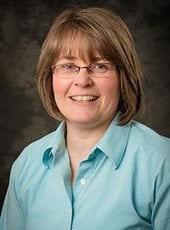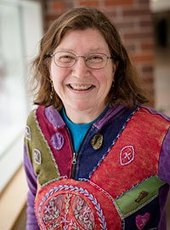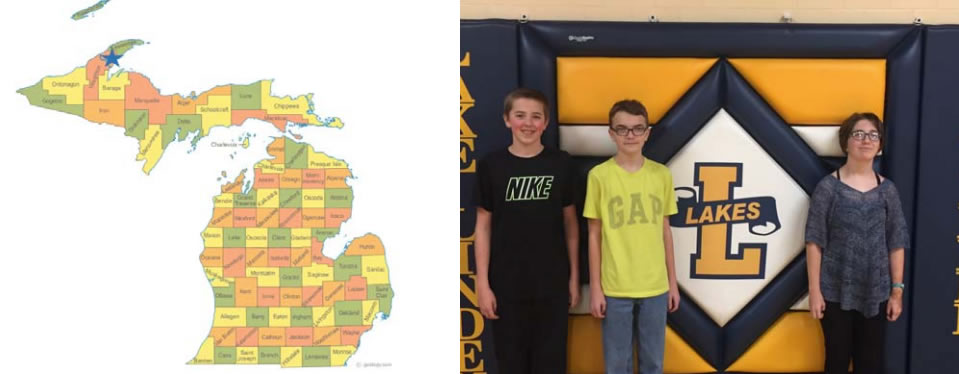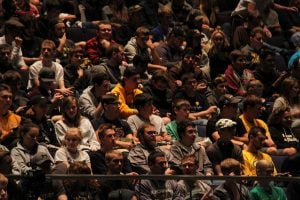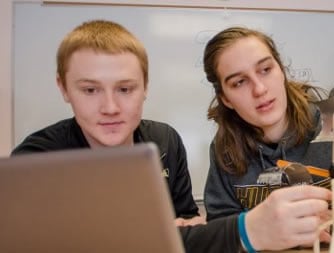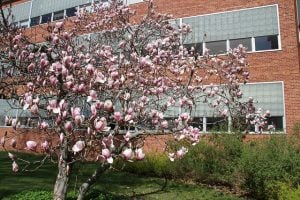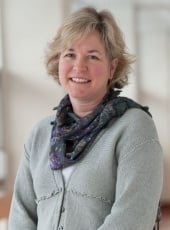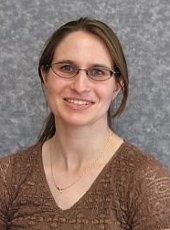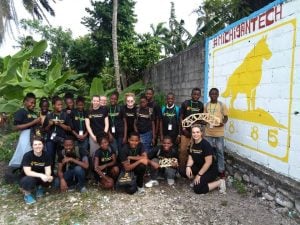
Over the fourth week of May 2018, Engineering World Health’s (EWH) team of Michigan Tech students participated in teaching the first high school class ever held at the HUT Outreach center in Les Cayes, Haiti. Haitian students were exposed to STEM (Science, Technology, Engineering and Math) topics like electronic circuits, forces, and bridges through hands-on learning lessons.
Students in Haiti often drop out of school in the sixth grade, with a diminishing retention rate thereafter. HUT Outreach is trying to break that statistic, and the Michigan Tech team got to be part of changing how these students viewed education.
In a typical Haitian class, the teacher delivers lessons by writing on a blackboard for hours while the students passively take notes. The first activity of their first day of STEM learning involved a health lesson on how germs were spread. The students were asked to stand up and run around the room as part of the learning exercise. They were notably reluctant to participate.
Using persistence and enthusiasm, the Michigan Tech team inspired the learners so much that students would arrive early to get a jumpstart on the fun lessons.
Michigan Tech team member Megan Byrne was recruited and trained as a peer mentor through the newly established first-year engineering LEarning with Academic Partners (LEAP) program. LEAP is implemented by the Department of Engineering Fundamentals, which provided support for the Haiti trip.
I would like to thank you so much for your generous donation to our Haiti trip. We were able to spoil the kids in our program, as well as tell them about why we love engineering and Michigan Tech. Many students told us they would like to be engineers one day, and one student even told us he would like to come to Michigan Tech. Your donation allowed us to bring a smile to so many faces, and inspire passion for education. Giving them MTU gear at the end of the week was an amazing way to wrap up our lessons and give them something to remember the past week by.
EWH inspires, educates and empowers young engineers, scientists and medical professionals from more developed parts of the world to use their engineering skills to improve global health. Michigan Tech is an EWH University Chapter, and Byrne is the vice president of the local chapter. LEAP Leader Megan Byrne had more to say about the experience:
Being a LEAP Leader helped me prepare for my trip to Haiti because I gained so much knowledge in preparing group learning lessons. Our EWH team wanted the students to learn the theory of series and parallel circuits, forces to build bridges, first aid, and how to build water filters. This was a challenge for us because the students had not been exposed to any of these topics or hands-on learning, and they also spoke a different language. Thanks to our Haitian translator, Wesley, and the experience I gained through the LEAP program at Michigan Tech, I had experience with taking a creative twist to difficult lessons to help the students gain understanding of some cool engineering topics in a way that would be impactful to them. As a matter of fact, the lessons we taught in Haiti were very similar to a LEAP sessions that I would facilitate in the Engineering Fundamentals department at Tech. I am grateful for the knowledge I have gained in not only my coursework, but also in facilitation of peer learning through the LEAP Leaders program. Because of my experiences here, I have had the great opportunity to share my education with those students who may have never had the opportunity, had we not been able to go to Haiti. If we even inspired one student to continue their education one day, the whole trip would be worth it. I believe that the key to solving many of the challenges in Haiti starts with education. It’s been incredible to be a small part in that.
